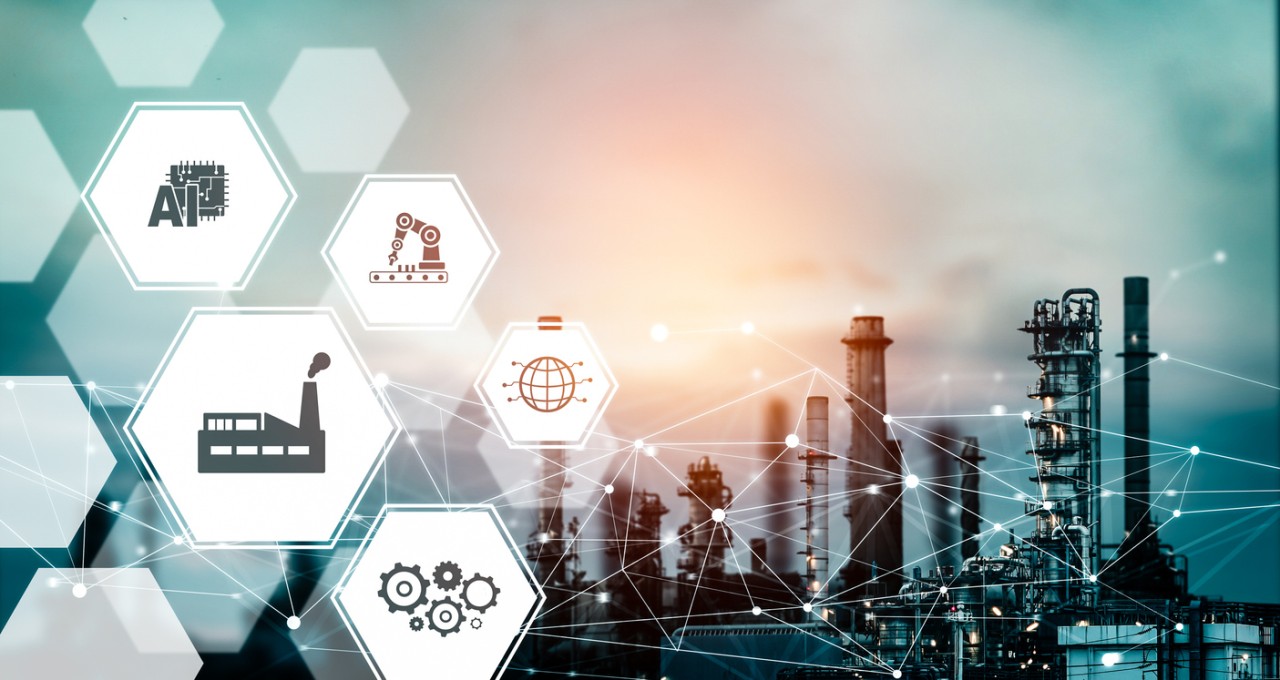
The world of manufacturing is a whirlwind of change. Automation is transforming factories. Customers demand products that are faster and tailor-made for their needs. Supply chains are becoming harder to predict.
In this relentless landscape, one thing is certain: standing still isn’t an option. To thrive, manufacturers need strategic investments. Upgrading to advanced machinery is crucial – it brings precision, speed, and the flexibility to adapt.
Get ready to future-proof your manufacturing business. We’ll guide you through the essential strategies, starting with the power of the right machines.
Advanced Manufacturing Machinery
Manufacturers are moving beyond traditional tools. They’re adopting technologies like Computer Numerical Control (CNC) machines, multi-axis machining centers, and robotic assembly lines. These advanced equipments offer incredible precision, speed, and flexibility. Along with them, specialized industrial equipment is constantly evolving, expanding what manufacturers can do.
Let’s consider a specific example. If your manufacturing involves converting large rolls of material (like paper, film, or foil) into narrower rolls, a slitter rewinder machine can help you save time and labor. It automates the process of cutting a wide roll lengthwise into many narrower rolls. If you want such modern machines, look for reliable sellers who also offer maintenance and repair to keep your equipment in top condition.
Moreover, you might be wondering what these advanced machines have in common. Compared to older equipment, they offer increased precision for high-quality results. They work faster to meet market demands. They are flexible, easily handling smaller orders or custom requests. In short, they automate tasks, freeing skilled workers to focus on more complex jobs.
Automation and Robotics
Automation and robotics are changing the way factories operate. Self-guided vehicles move across warehouses. Robotic arms build complex products with speed and precision.
These technologies make manufacturing more efficient than ever before. Robots and automated systems don’t get tired. They often work much faster than humans, boosting a manufacturer’s output.
If you’re thinking about automation, start with a small pilot project. Look for tasks in your process that are simple and repeated regularly. These tasks are perfect for automation. Partnering with a trusted automation provider will guide you through a successful transition.
Data Analytics and Artificial Intelligence (AI)
Data analytics and AI tools help manufacturers improve in key areas. They can optimize production, predict equipment problems, and make smarter decisions. Manufacturers analyze data from sensors and machines to find ways to boost efficiency.
For instance, food processing companies might deploy AI-powered cameras for quality control. The system learns to identify defective products instantly, improving quality and reducing waste.
Investing in good data practices is essential for success with AI.
Manufacturers can address the AI skills gap by training their current workers or partnering with experts. Data insights also improve production planning and inventory management, making the business more adaptable.
The Power of Sustainable Manufacturing
Sustainability isn’t just a trend; it’s a necessity. Consumers increasingly demand eco-conscious products, and regulations are getting stricter. Here’s why sustainable manufacturing matters:
- Enhanced Brand Perception: Customers favor companies committed to minimizing their environmental impact. Sustainability builds trust and loyalty.
- Resource Optimization: Cut energy and water use. Minimize waste. It directly lowers your production costs.
- Meeting Regulations: Invest in sustainability now. It helps you meet environmental regulations and avoids costly fines or disruptions to your business.
Practical Steps: Here’s how manufacturers can make an impact:
- Energy Efficiency: Switch to LED lighting for lower energy use. Upgrade equipment and improve your heating/cooling systems for even greater energy savings.
- Waste Minimization: Analyze processes to find waste hotspots. Consider reusing materials or finding ways to recycle production byproducts.
- Circular Economy: Design products for easy disassembly and repair. Explore using recycled materials in your production.
Talent Development and Upskilling
Technology is transforming manufacturing, and the workforce needs to transform with it. The gap between the skills workers have and the skills needed is widening. Manufacturers must invest in continuous learning for their employees. Upskilling programs update existing skills, while reskilling helps workers develop new ones.
It’s also vital to create a culture of innovation. Encourage experimentation, reward creative thinking, and provide opportunities for employees to contribute ideas. This environment helps manufacturers stay ahead of the curve by tapping into the full potential of their workforce.
Conclusion
Future-proofing your manufacturing business requires strategic investments. To stay competitive, manufacturers must invest in these key areas: advanced machinery, data analytics, and sustainability. You gain increased efficiency, adaptability, and resilience by embracing these technologies and initiatives. This translates into a decisive advantage in a rapidly evolving marketplace. Don’t just survive – thrive. Evaluate your company’s needs now. Create your investment plan for the future of manufacturing.
Leave a Reply